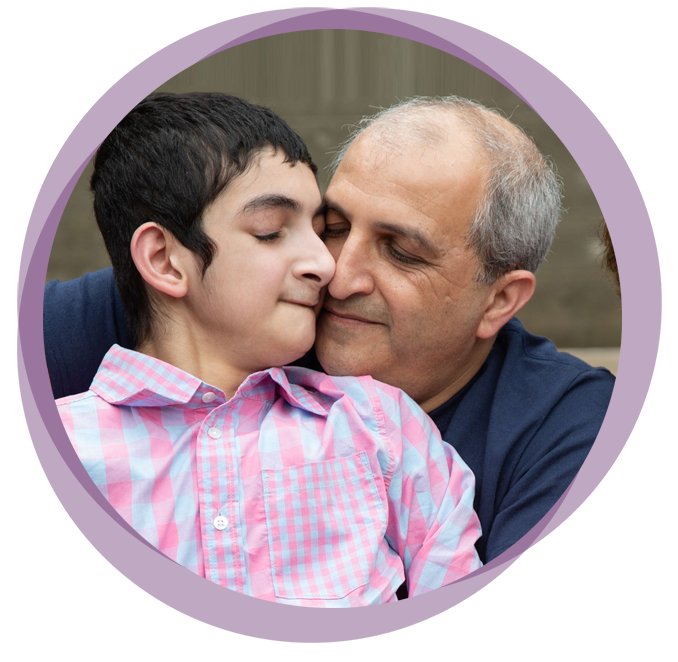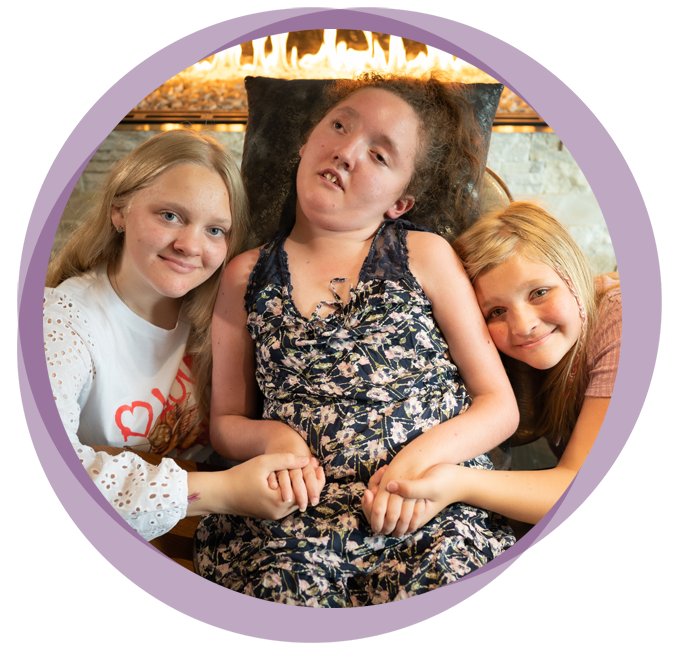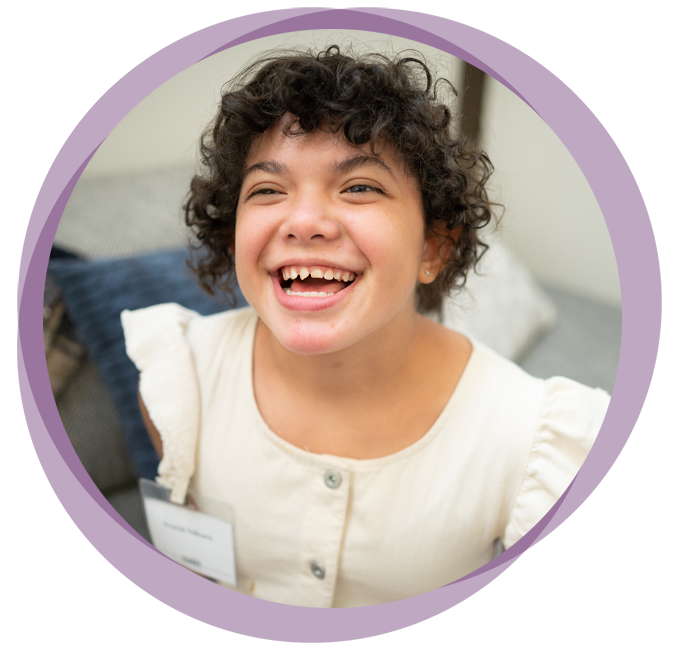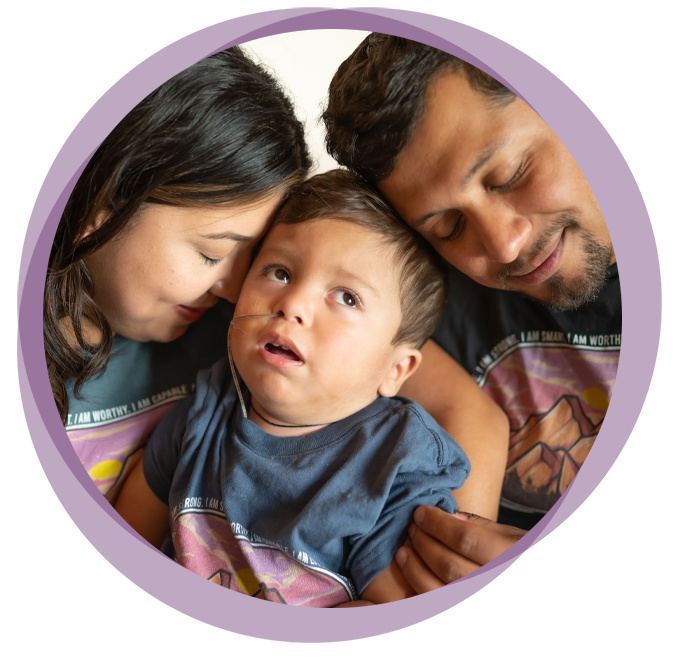How Rare Are These Diseases?
Tay-Sachs, Canavan, GM1, and Sandhoff diseases are known as recessive disorders. This means that both parents must carry the geneOften referred to as the "unit of heredity." A gene is composed of a sequence of DNA required to produce a functional protein. More for it to be passed on to a child.
According to the National Institutes of Health (NIH), the carrier rates in the United States are:
- Tay-Sachs: 1 in 250 people
- Canavan: 1 in 300 people
- GM1: 1 in 250 people
- Sandhoff: 1 in 600 people
Prevalence of Tay-Sachs Disease
While anyone could be a carrier of Tay-Sachs, there is a higher prevalence of the disease among some populations.
About 1 in 27 people of Ashkenazi Jewish descent is a carrier of Tay-Sachs disease. If you have Ashkenazi heritage, it’s a good idea to be screened, even if your partner is not Jewish.
People of Irish, Cajun, French Canadian, and Pennsylvania Dutch heritage also experience higher levels of Tay-Sachs disease in their populations.
If you are thinking about starting a family or if someone in your family is a carrier of any of these diseases, you are encouraged to speak with your physician about genetic counselingAs defined by the National Society of Genetic Counselors, genetic counseling is the process of helping people understand and adapt to the medical, psychological, and familial implications of genetic contributions to disease. This process integrates:
• Interpretation of family and medical histories to assess the chance of disease occurrence, or recurrence.
• Education about inheritance, testing, management, prevention, resources, and research.
• Counseling to promote informed choices and adaptation to the risk or condition.
More.
For more information, please visit our carrier screening page.





